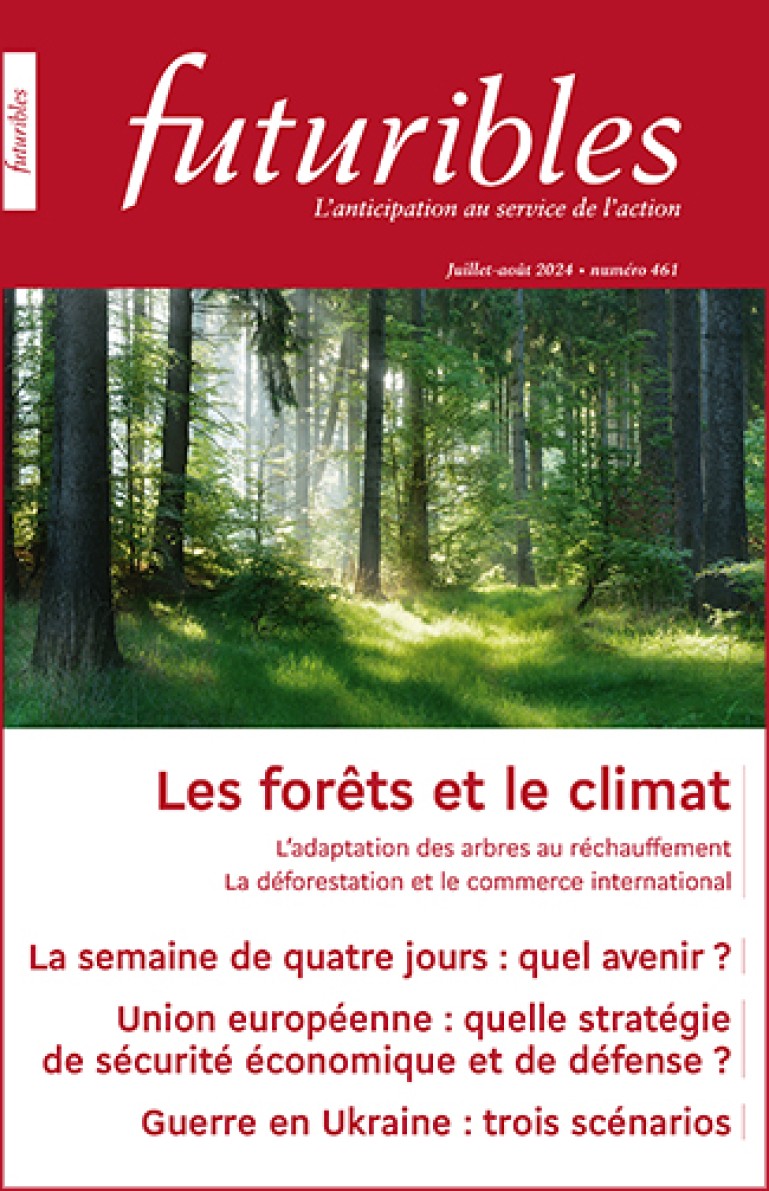Link(s) :


The last issue (July-August) of Futuribles magazine features two articles on forests, including one by Alain Karsenty entitled "Deforestation and international trade - 'imported deforestation', a source of diplomatic controversy". In this article (an unedited version is attached), Alain Karsenty looks at the direct and underlying causes of global deforestation, and its links with international trade.

The most recent research indicates that, while international trade plays a significant role in deforestation (between 20% and 25% of deforestation is associated with it), the majority of forest conversion is linked to domestic demand in forested countries, most of which are tropical. In addition, deforestation is mainly carried out by small farms rather than large mechanised farms, particularly in Africa. Clearly, farmers are deforesting to satisfy their need for land and income, which is why the fight against deforestation can only be coupled with an agenda for food security and ecological intensification.
Industrialised and emerging countries have a role to play through the quality of their imports and discussions at various levels on international trade rules. Not only the EU, but also the UK and, soon, the USA have passed laws to reduce or ban imports of agricultural or forestry products linked to deforestation. The EU is particularly at the forefront, since its regulation (the RDUE) even refuses products derived from legal deforestation in the country of origin, which the UK and US laws were unwilling to do.
These laws cannot be expected to stop global deforestation. Their contribution to a possible reduction in deforestation is itself highly uncertain, since the products that will no longer be exported to Europe will be directed towards China and the markets of emerging countries. For a sector such as cocoa, of which the EU is the leading consumer, the contribution of the EUDR to reducing deforestation will undoubtedly be more significant, but it will probably be the only product in this case. Nonetheless, it is right that Western countries should 'do their bit', even if they cannot do everything. The problem is rather that the EUDR, by failing to distinguish between legal and illegal deforestation (sometimes because of different definitions of the forest), is creating major diplomatic tensions with partner countries. What's more, the requirement for plot-based traceability will exclude a large number of small producers from European outlets in sectors where they are very well represented. And it is unlikely that the financial aid promised by the EU to enable these small producers to adopt traceability will be sufficient to produce results quickly.
This article looks at possible alternatives to the current RDUE system, which is not only discontented in the countries of the South... but also within the Member States, since according to the WTO's principle of 'non-discrimination', we must apply to ourselves what we ask of others.
Link(s) :